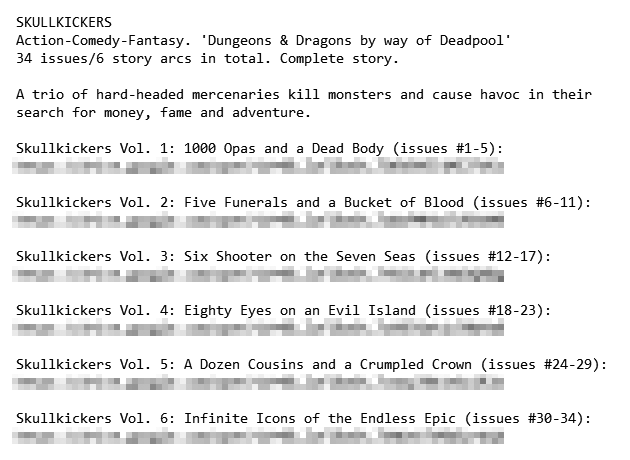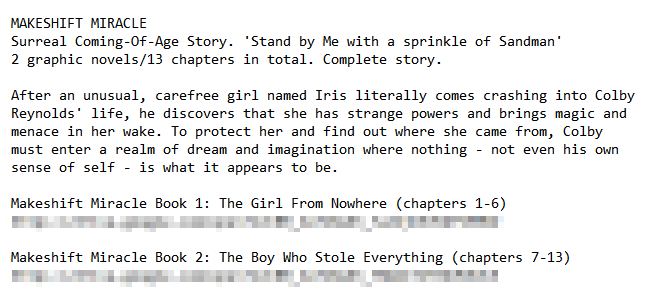In simplest terms, in order for you to get work doing art for other people, you need a portfolio that grabs attention and gives potential clients a clear path for contacting you.
It's that easy and that difficult.
It's _not_ a gallery/archive of everything you've ever done.
Focus and clarity are key. Don't make it hard for people to figure out what you do or how they can hire you to do it for them.
Social media for showing off work is fine, but they're _not_ a portfolio.
Platforms and tastes change.
Don’t be dependent on one source for your outreach.
It's better to create new work focused on your goals than showcase a grab bag of old work that doesn't reflect what you want.
I understand the desire to show your progress and new skills but, again, that’s _not_ a portfolio. It's not ready for soliciting paying work
The work you show is the impression you create. It tells a potential client what you can do for them.
You need to make a statement, make it clear you're good at what you do, and wrap it up before you wear out your welcome.
Less or more might work, but can leave an impression of inexperience or just too much to get their head around.
Better to have them dig into your social media for more examples than overwhelm them right away.
Show progression-steps of completed pieces if you want, but nothing incomplete goes in the portfolio.
If you don't have 8+ finished pieces worth showing, keep building
Your contacts and reputation take over.
The animation portfolio I had at age 20 is vastly different from the illustration portfolio at 25, the teaching CV at 30, or the writing site I have now in my 40's.
The creative road winds on.
Any post you make, industry-related or not, can lead people back to your portfolio and turn into potential opportunities you never imagined.
Simple and clear
jimzub.com
is better than
artkabob(dot)art/myartstuff/artartart/portfolio/
I want to work with amazing people.
Editors and art directors want to find great new collaborators.
Give them the tools to hire you.
A landing page that clearly shows what you want to be hired to do, has a tight selection of pro quality examples, and easy to find contact info.
I don't currently need a portfolio, so my site is a catch-all of info about my writing, promotion for projects, and tutorials to help demystify the writing process and industry.
It's a showcase that "sells" me via my established work.
The portfolio exists, it's just not public-facing right now.
Happy this advice hit the spot for a lot of you.
If I get time I'll try to pull this together into an article on
jimzub.com/category/tutor…






